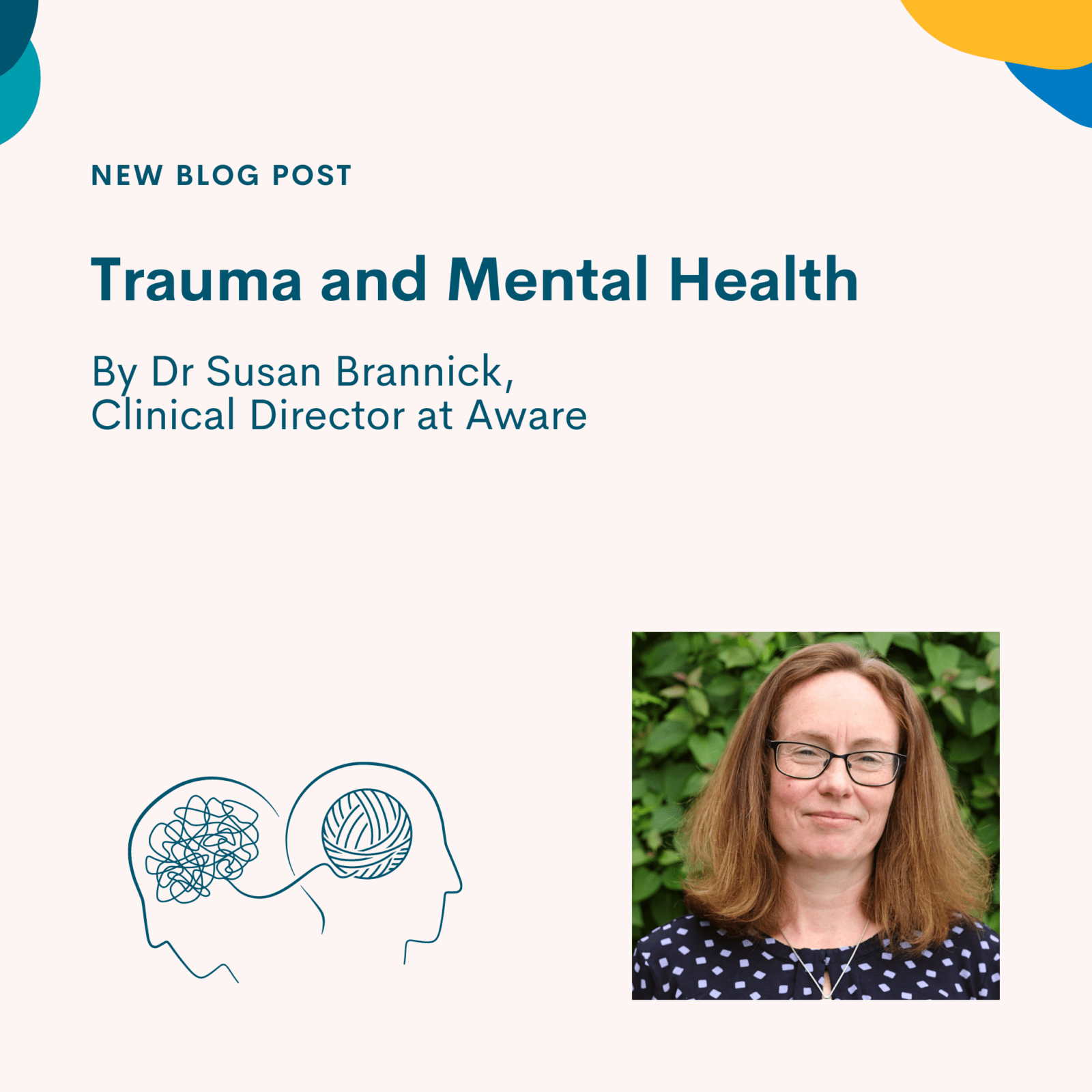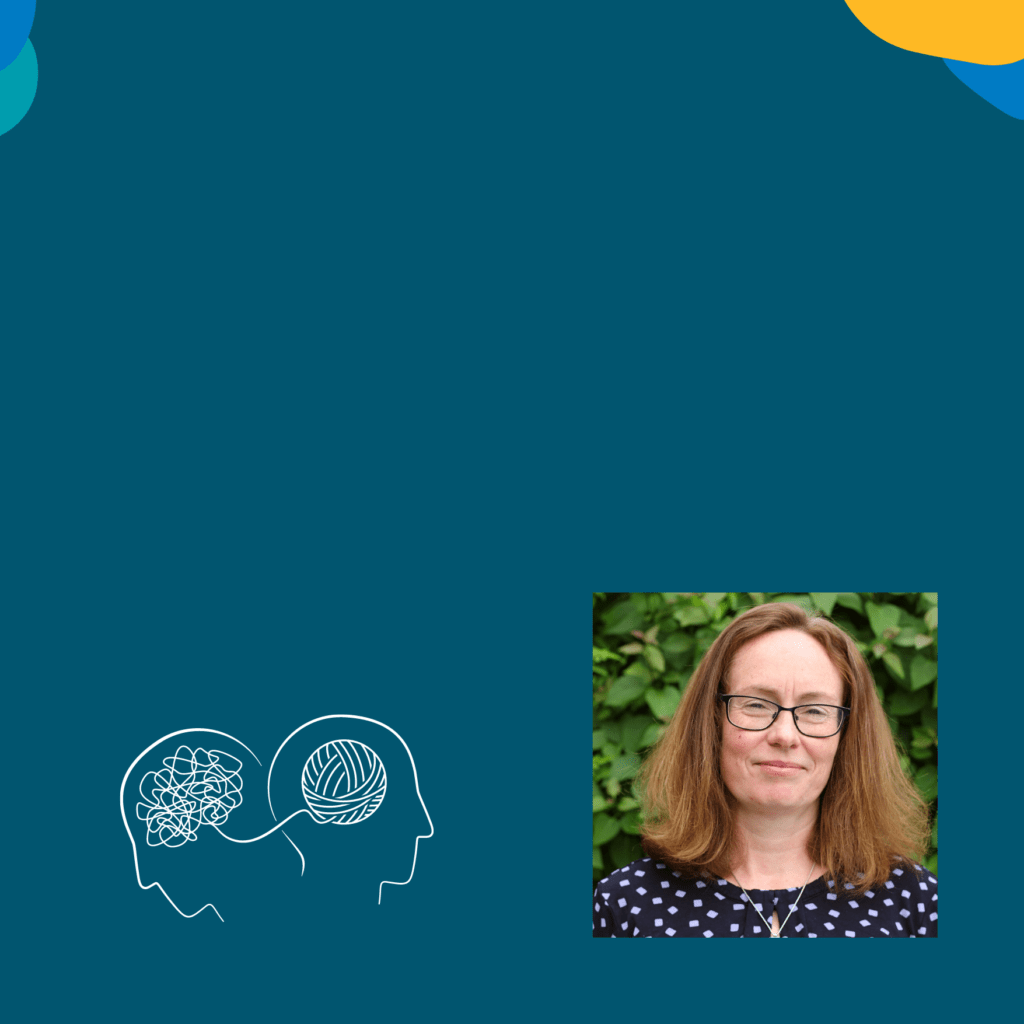
The ordinary response to atrocities is to banish them from consciousness. Certain violations of the social compact are too terrible to utter aloud. This is the meaning of the word unspeakable. – Judith Herman, Trauma and Recovery
Our webinar this month looked at understanding the impact of trauma on mental health. It was one of our most popular webinars this year, and if you missed, it you can find it here. The above quote from Judith Herman’s seminal book on trauma holds relevance for Irish culture when it comes to how society navigates the ‘unspeakable’ abuses inflicted by powerful and trusted people that have emerged in one national organisation after another, as well as the violence and abuse that happens in private homes across the country. Some things were, and maybe still are, simply not spoken about. And if they are not spoken about, then their impact cannot be thought about.
Silence can operate at both a structural societal level as well as at a personal level when it comes to experiences of abuse and attack. Silence has many root causes, and as we see in Irish culture it can be hard to speak out against perpetrators that wield power in families and communities. And as Herman points out, some things feel too terrible to say out loud. As she argues; perhaps too terrible to even admit to yourself have happened.
I think much of our progress in tackling these conversations as a collective, has been because of survivors of abuse, violence, attack, both physical and emotional, speaking out, waiving anonymity, and sharing their story publicly so each individual experience can be heard and borne witness to. And within these accounts is the reality of how events of the outside world, of how early experiences of being cared for, or not. Of being hurt, abused, of trust being broken, will of course affect hearts, minds, bodies, and mental health. Even long after the events themselves have stopped. As some describe it, this is the long shadow that abuse casts into adult life. Whilst this might seem obvious, the link between what are called adverse childhood events (which include several social factors) in the research, and adult mental health has been to put it simply, slow to catch on. And of course it should not be the responsibility of survivors alone to help a society speak about these unspeakable matters.
Silence goes back a long way too. Freud originally theorised that ‘hysteria’ the so-called female ‘madness’ that he was seeing in Austrian women patients at the turn of the 19th century, was in fact due to widespread childhood sexual abuse. He called this the seduction theory. Within a year, he had retracted this hypothesis, apparently disturbed by the social implications of what this meant and according to some accounts (see Jeffrey Maisson for an interesting critique), because of pressure from colleagues and fear of ostracization.
Herman argues that as hysteria itself was so prevalent, the inevitable conclusion must be that the underpinning abuse was widespread across society, well beyond the confines of his Austrian clinic. This idea was unacceptable. And so, the understanding of psychological distress as being influenced and shaped by actual events in the person’s life was instead reconceptualised into the unconscious mind of fantasy and the metaphorical, as far as the psychoanalytic community was concerned at the time. This of course influenced the multitude of therapy approaches that came after. In the world of mental health today, the study of psychological distress is frequently located in genetics and neurotransmitters and a common critique of the biomedical model is that it side lines the person’s life experiences and locates the cause of suffering in the incorrect level of neurotransmitters between nerve cells.
Herman writes that on personal level, the ‘conflict between wanting to deny terrible events and proclaim them aloud is a central dilemma of psychological trauma’. She suggests that the ‘story of the traumatic event surfaces not as a verbal narrative but as a symptom’. As Gabor Mate more recently argues, ‘trauma is not about what happened to you it is about what happens inside you because of what happened to you’. He posits that this offers a more hopeful pathway to healing. Herman argues that healing from trauma happens in the context of relationships, that it cannot happen in isolation. That rebuilding capacity for trust, autonomy, initiative, competence, identity and intimacy all must be reformed in relationships with others. A relationship with a therapist is just one of these many relationships that offer healing. Herman suggests that truth telling, safety, mourning and connection are all parts of this recovery process. And however it is understood, or theorised, the truth is that recovery is possible.
If you would like to learn more about how early experiences and relationships shape us, our webinar next month will explore attachment how early relationships affect us throughout life and relate to mental health difficulties.
You can also find more information at One In Four.
This blog is by Dr Susan Brannick, Clinical Director at Aware as part of a monthly blog series.


